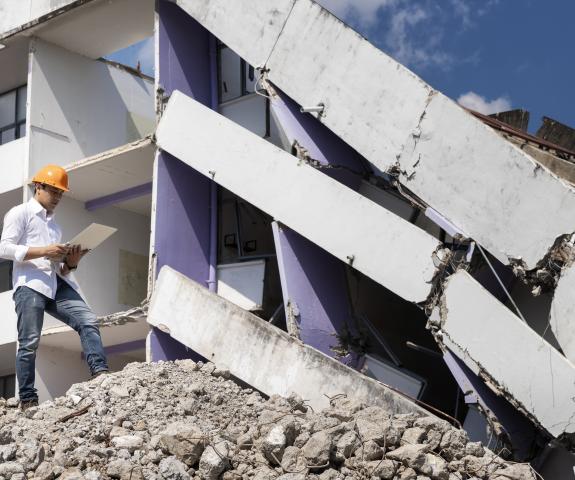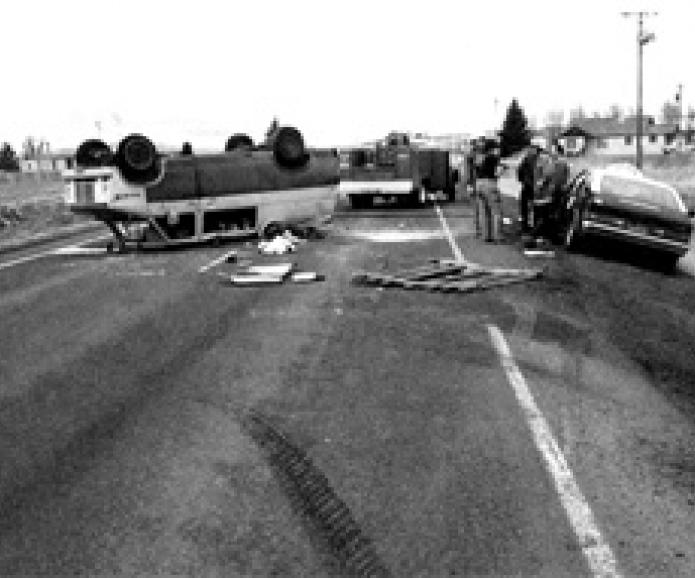
Careers in Engineering & Applied Sciences
Forensic engineering scientists make up perhaps the most varied group of forensic practitioners. Collectively, their interests extend across all of the engineering fields as well as the underlying sciences such as physics and chemistry. They are problem solvers and problem definers who are often brought into an investigation with no clear definition as to what they are going to do but with the expectation that they will do something useful.
Scope of Work
Forensic engineering scientists apply the tools and techniques of science and engineering to resolve questions relating to civil, criminal, and regulatory issues. They typically investigate accidents, product failures, environmental contamination, and criminal acts. Investigations may involve bridge or building collapses, automobile collisions, air and rail accidents, explosions, shootings, and stabbings. Forensic engineering scientists may be involved in helping to apprehend and convict criminals or in exonerating and protecting the innocent. Forensic engineers may be called upon to correctly assign blame for environmental harm, provide support in lawsuits based on claims that negligent acts caused personal injury, evaluate claims that product flaws resulted in injury, or determine if patent rights have been infringed.
Many requests for forensic engineering services involve criminal and civil suits in which the forensic scientist or engineer will be asked to render expert opinions regarding the results of examinations. These opinions may receive further scrutiny in a deposition or during a trial.

Education and Training
Forensic engineers/scientists require a good grasp of the basic sciences of mathematics, physics, chemistry, geology, and biology. An individual specializing in any one of these disciplines should have a broad-based education that will provide a good understanding of all other disciplines. The forensic engineer or scientist should become an expert at one or more component disciplines.
The minimum education required is a bachelor's degree in engineering or science. Depending on the field chosen, an advanced degree, MS or PhD, may be recommended. Work experience in the chosen field is a plus, as are writing and speaking skills, plus knowledge and understanding of legal procedures and standards of proof. Active participation in professional organizations and continuing education are recommended. The forensic engineer/scientist must be highly competent, ethical, credible, and have extensive professional experience in the subject matter under consideration.

Career Opportunities
Job opportunities for forensic engineering scientists include crime labs at the federal, state, and local levels; law enforcement agencies; research laboratories; insurance companies, and small or large corporations.
Private consulting practice exists for many forensic engineering scientists once they are well into their professional lives. The primary clients for consulting firms are attorneys with civil and criminal practices, corporations, states, and municipalities, as well as prosecutors at all levels of government.
Disciplines of Forensic Science
The AAFS is composed of more than 6,000 scientists organized into 12 sections representing the different areas of interest, activity, education, and expertise of individual members.
Begin Your Journey
How can you get closer to the forensic science community, and do your part in advancing the industry?